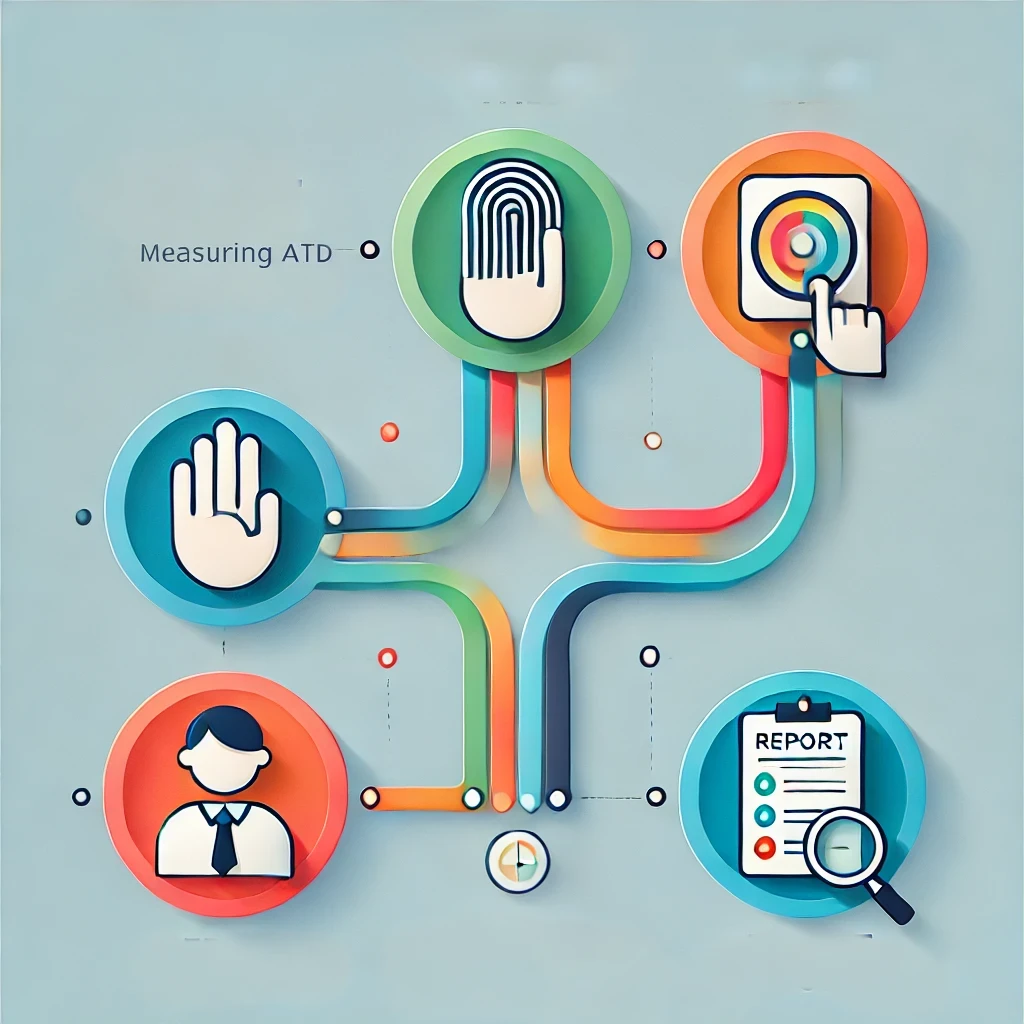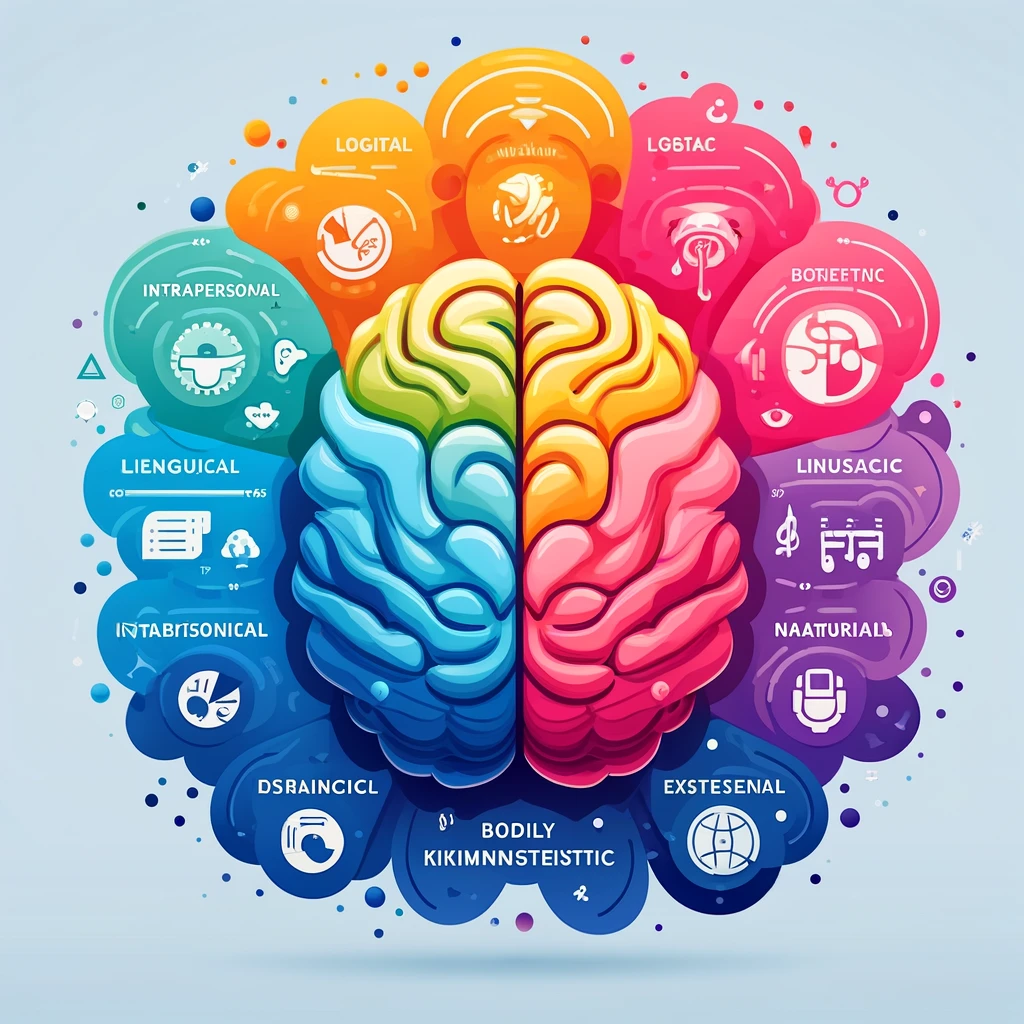





Discover Your Hidden Talents and Career Potential
The Dermatoglyphics Multiple Intelligence Test (DMIT) by The Help 360 is a scientifically proven method to uncover your natural abilities, learning styles, and career potential. By analyzing unique fingerprint patterns, this test offers profound insights into your intelligence, personality, and strengths, helping you make informed decisions about your future.
- Learning Styles: Visual, auditory, or kinesthetic study preferences.
- Personality Traits: Behavioral and emotional tendencies.
- Career Aptitude: Aligns skills with ideal career paths
Why Choose the Dermatoglyphics Multiple Intelligence (DMIT) Test?
The DMIT test offers numerous benefits, helping students, parents, and professionals make informed choices for a successful future. One of the key advantages is that it minimizes trial and error in career decisions. By providing a deep understanding of an individual’s strengths, the DMIT test suggests suitable career paths that align with natural talents, ensuring a more satisfying and fruitful journey.
With DMIT, students can avoid the risk of choosing courses or subjects they may not enjoy in the long run, saving both time and effort. It also brings significant financial benefits by reducing expenses associated with changing career paths or courses. Knowing the right path from the start can help individuals progress faster in their careers, giving them a competitive edge.
For both children and adults, the DMIT test is a valuable tool for saving time, energy, and resources while paving the way for a brighter future.
How DMIT Helps?
The DMIT (Dermatoglyphics Multiple Intelligence Test) offers valuable insights into an individual’s potential, guiding them toward suitable career choices and personal growth. Here’s how the DMIT test can help:
Understand Behavioral Patterns: Gain insight into personality traits and social interactions.
Analyze Brain Hemisphere Potential: Discover strengths in logical or creative thinking by assessing left and right brain potential.
Identify Learning Styles: Tailor study methods with preferred learning styles, whether visual, auditory, or kinesthetic.
Evaluate Stress Response: Understand how you react to stress, aiding in emotional and mental well-being.
Measure Key Quotients: Assess IQ (Intelligence), EQ (Emotional), AQ (Adversity), CQ (Creativity), and SQ (Spiritual) for a well-rounded profile.
Career Guidance: DMIT suggests career options that align with your unique brain potential, saving time and resources.


Multiple Intelligence
Multiple Intelligence theory, introduced by Dr. Howard Gardner, emphasizes that intelligence is not a single, fixed ability but a spectrum of talents and capabilities unique to each person. According to this theory, each individual has a different combination of intelligence types, which reflect their strengths, preferences, and ways of learning.
The concept of Multiple Intelligence identifies eight primary types, each connected to different regions of the brain. These intelligence types range from linguistic and logical skills to interpersonal and intrapersonal abilities, spatial awareness, and even a connection with nature. By recognizing these distinct intelligence types, we gain a more holistic view of human potential that goes beyond traditional measures of IQ or academic success.
Understanding Multiple Intelligence can empower individuals to focus on their natural talents, enhancing self-awareness and guiding them toward educational and career paths that resonate with their strengths. For instance, someone with strong interpersonal intelligence might excel in roles that involve communication and teamwork, while those with spatial intelligence might find fulfillment in creative or design-based fields.
